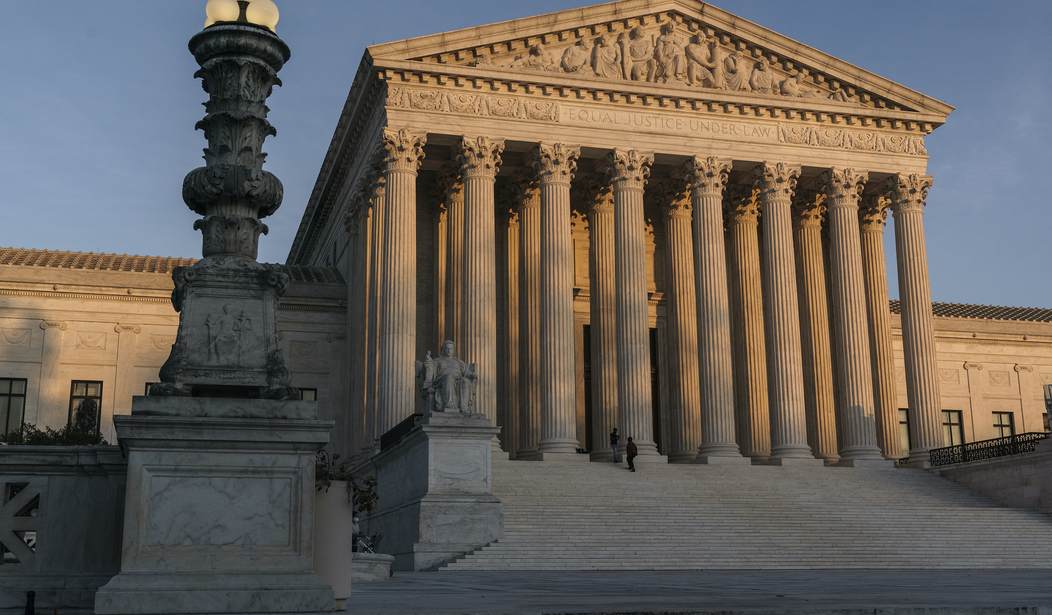In a 6-3 opinion issued Thursday morning, the Supreme Court of the United States ruled that a California requirement for charitable organizations to turn over information on donors is unconstitutional.
The opinion of the Court — authored by Chief Justice John Roberts — in Americans for Prosperity Foundation v. Bonta, Attorney General of California, found that "California’s disclosure requirement is facially invalid because it burdens donors’ First Amendment rights and is not narrowly tailored to an important government interest."
In its second ruling of the day (and final opinion of the term), SCOTUS rules in favor of two groups that brought a First Amendment challenge to a California policy requiring nonprofits and charities operating in the state to provide the state with a list of their largest donors.
— SCOTUSblog (@SCOTUSblog) July 1, 2021
The invalidated measure required charities in California to turn over names of their largest donors to the state, something conservatives say would allow liberal authorities to target conservative donors while dissuading individuals from giving to conservative causes, a fact the majority noted:
"We are left to conclude that the Attorney General’s disclosure requirement imposes a widespread burden on donors’ associational rights. And this burden cannot be justified on the ground that the regime is narrowly tailored to investigating charitable wrongdoing, or that the State’s interest in administrative convenience is sufficiently important."
The Americans for Prosperity Foundation gained widespread support for their position against California's donor disclosure requirement and had hundreds of individuals and organizations "representing a range of issues including religious liberties, LGBTQ rights, free speech, racial justice, animal welfare, international aid, tax reform, and human rights" file friend-of-the-court briefs with the Supreme Court.
Recommended
?? The U.S. Supreme Court upheld people’s First Amendment rights in AFPF v Bonta. This case brought together nearly 300 groups from a diversity of perspectives and representing a range of issues including health, faith, civil rights, and racial justice, among others. 1/
— AFP Foundation (@AFPfoundation) July 1, 2021
"A common theme emanates from their briefs: privacy rights are a hallmark of America and protecting them is vital to ensuring people can continue to make progress toward realizing its founding ideals," AFPF stated.
In her dissenting opinion, Justice Sonia Sotomayor stated that "Today’s decision discards decades of First Amendment jurisprudence recognizing that reporting and disclosure requirements do not directly burden associational rights."

























Join the conversation as a VIP Member